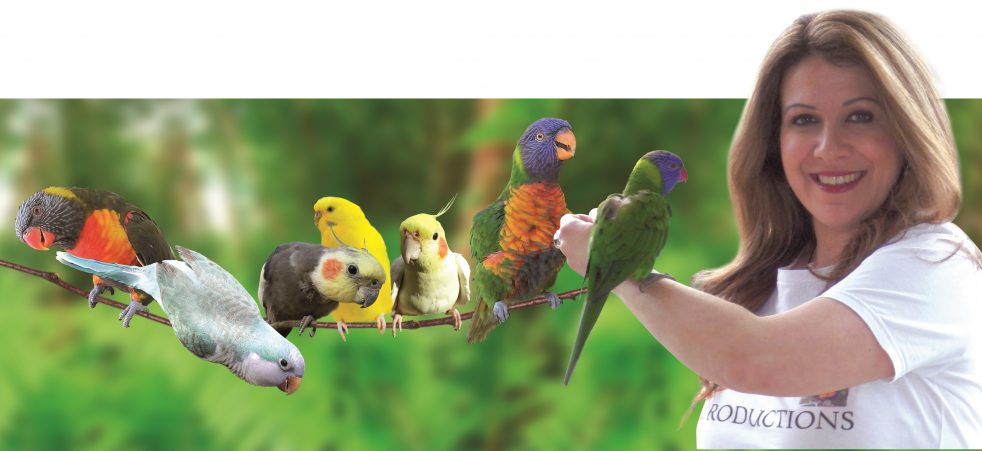Calling animals ‘pets’ is insulting, academics claim
Animal lovers should stop calling their furry or feathered friends “pets” because the term is insulting, leading academics claim.
Domestic dogs, cats, hamsters or budgerigars should be rebranded as “companion animals” while owners should be known as “human carers”, they insist.
Even terms such as wildlife are dismissed as insulting to the animals concerned – who should instead be known as “free-living”, the academics including an Oxford professor suggest.
The call comes from the editors of then Journal of Animal Ethics, a new academic publication devoted to the issue.
It is edited by the Revd Professor Andrew Linzey, a theologian and director of the Oxford Centre for Animal Ethics, who once received an honorary degree from the Archbishop of Canterbury for his work promoting the rights of “God’s sentient creatures”.
In its first editorial, the journal – jointly published by Prof Linzey’s centre and the University of Illinois in the US – condemns the use of terms such as ”critters” and “beasts”.

In my May 11 article, “Is the Language We Are Using to Describe Our Pets Sending the Wrong Message?” I pointed out that the Journal of Animal Ethics has called for the ban of a number of common words that we use to describe animals and their relationships to them. They do not like the use of words like “wild animal” and even common words like “pet”, “dog owner” and certainly not any reference to this latter individual as being the dog’s “master”. Prof. Emeritus Priscilla Cohn, who is the editor of The Journal of Animal Ethics, and Associate Director of Oxford’s Centre for Animal Ethics had the courtesy to read and respond to my article.



inShare